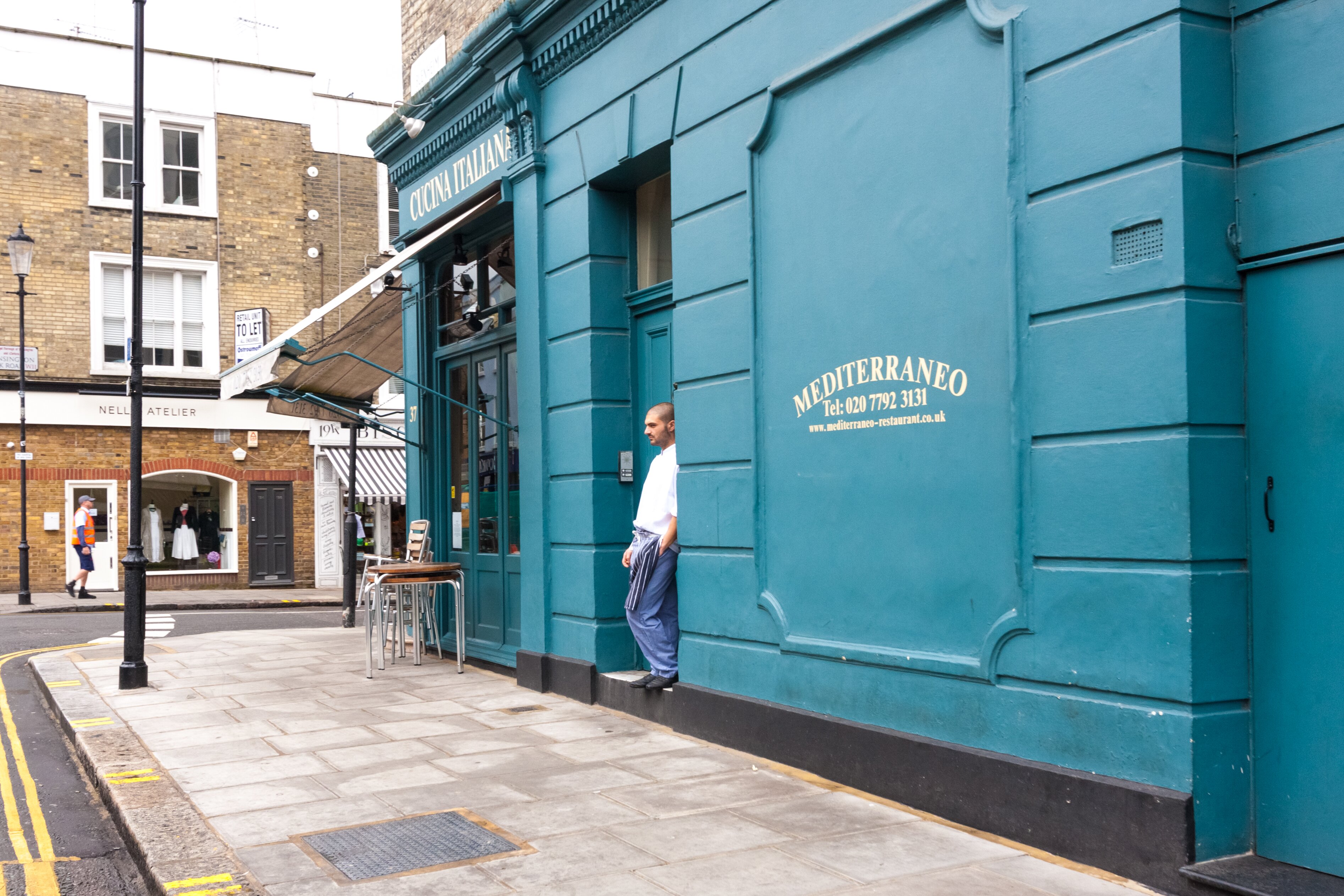Hospitality job losses hit 650,000
Hospitality has seen 650,000 job losses this year due to the impact of coronavirus restrictions on the industry, according to software provider Fourth.
The study found that there has been a 26% drop in overall staff headcount compared to November 2019. However, the hospitality workforce shrunk by 4% in November compared to 7% in October.
Fourth’s data, which has been aggregated from analysis of more than 700 companies across the restaurant, pub, bar and quick-service restaurant (QSR) sectors, revealed that 9,845 hospitality workers lost their jobs in November. The pub, restaurant and QSR sectors recorded a 3% drop in workforce, while the hotel sector was more greatly affected with a drop of 5%.
This is, however, the smallest decline in workforce numbers since June, suggesting that the government’s extension of the furlough scheme until March 2021 is protecting some jobs.
Overall, the data revealed that the workforce has shrunk by 26% year-on-year. The pub sector has experienced the least negative impact, with a drop in labour of 21% over the course of the year. This is followed by QSRs with a drop of 26% and the restaurant sector at 28%. The most impacted sector, again, has been hotels, where there has been a 31% reduction in labour compared to last year.
Sebastien Sepierre, managing director – EMEA, Fourth, said: “While these figures continue to make for bleak reading, it is encouraging to see that hospitality businesses are continuing to battle on through the pandemic, with the data suggesting that the sector was perhaps better prepared for the second national lockdown. This could be because good practices that were put in place in the spring, most notably around delivery, could be rolled out again from the get-go.
“This time of year usually brings with it a mammoth recruitment drive, as operators gear up for the busy festive schedule. While the data indicates that recruitment is continuing to drop, what is encouraging is that the continuation of the furlough scheme is seemingly protecting sector jobs and significantly reducing the number of redundancies.
“As we approach the new year, the coming months are going to remain tough, but there is light at the end of the proverbial tunnel and, with effective planning, coupled with a suitable level of top-line support and appropriate compensation for restrictions that are harming operators’ ability to trade, the sector can and will bounce back.”















